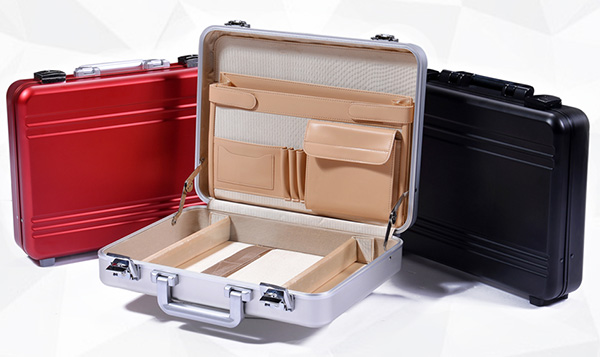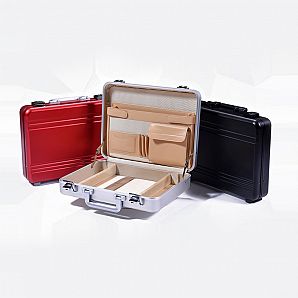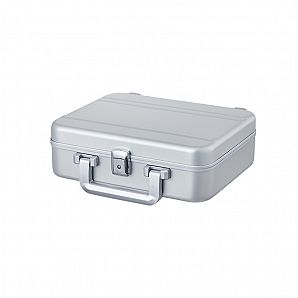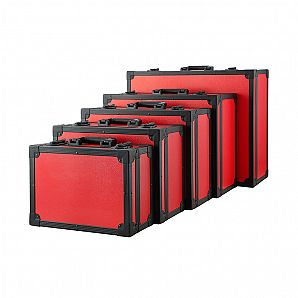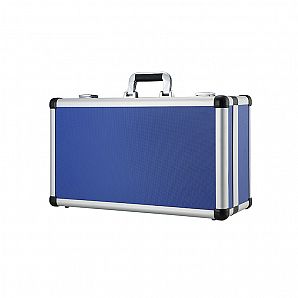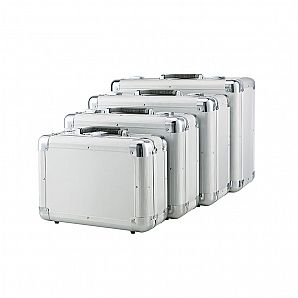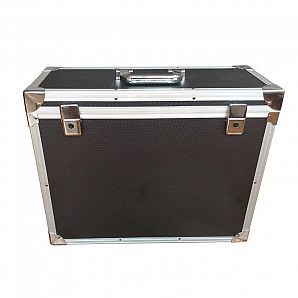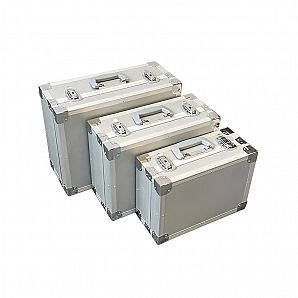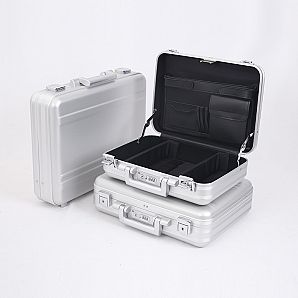Aluminum shell cases are widely used in a variety of industries including electronics, aerospace, tools, medical equipment, and consumer products. Known for their combination of durability, sleek design, and lightweight structure, aluminum shell cases offer many benefits—but also come with certain limitations. Here is an overview of their key advantages and disadvantages:
Pros of Aluminum Shell Cases
Lightweight Yet Strong
Aluminum offers an excellent strength-to-weight ratio. Shell cases made from aluminum are much lighter than those made from steel, yet strong enough to protect valuable contents during transport or storage.
Durability and Impact Resistance
Aluminum shell cases provide a high level of protection against physical impacts, making them suitable for rugged use in industrial, military, or field environments.
Corrosion Resistance
Aluminum naturally forms a protective oxide layer, and many cases are anodized or treated for enhanced corrosion resistance. This makes them ideal for use in humid or marine environments.
Heat Dissipation
Aluminum has good thermal conductivity, helping to dissipate heat away from internal components. This is especially important for electronics and precision instruments.
Professional and Modern Appearance
The metallic finish of aluminum cases gives them a sleek, high-end look, making them ideal for professional presentations, equipment transport, or consumer packaging.
Customizable
Aluminum shell cases can be easily customized with foam inserts, compartments, locks, handles, or even logos and branding through laser engraving or printing.
Cons of Aluminum Shell Cases
Higher Cost Compared to Plastics
Aluminum cases are more expensive to produce than plastic or fabric alternatives, which can be a drawback for budget-conscious buyers or high-volume use.
Surface Scratches and Dents
While aluminum is strong, its surface can still be scratched or dented if dropped or struck. These marks are often more visible than on plastic cases.
Limited Flexibility
Unlike plastic or fabric cases, aluminum shells are rigid. This lack of flexibility can be a disadvantage in applications requiring compression or adjustment to different shapes.
Heat Conductivity (Double-Edged Sword)
While aluminum dissipates heat well, it also conducts heat from the environment. In extreme hot or cold conditions, it may not offer the best insulation for sensitive contents.
Electrical Conductivity
Aluminum is a conductive metal. Without proper internal insulation, it may not be suitable for housing sensitive electronic components that require shielding or grounding.
Conclusion
Aluminum shell cases offer a premium combination of protection, durability, and aesthetics, making them an excellent choice for transporting valuable, fragile, or high-end items. However, their cost, susceptibility to surface damage, and rigidity may not suit all applications. Evaluating your specific use case—whether for industrial, consumer, or commercial purposes—will help determine if an aluminum shell case is the right fit.
HQC founded in 2011, are a custom case manufacturer ,providing aluminum tool cases, aluminum equipment cases, aluminum instrument cases, aluminum briefcases, aluminum gun cases, flight cases, hard plastic case and presentation cases for commercial, industrial, and military applications.
HQC inspect every case as customers` requirement, all cases will be checked two times at least. So, there is nearly no bad ones. Once find any bad one, they will do new ones for free for customers. So, HQC case sell very well in Japan, Europe and America.
More Details: https://www.hqc-aluminumcase.com


